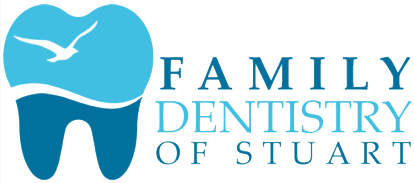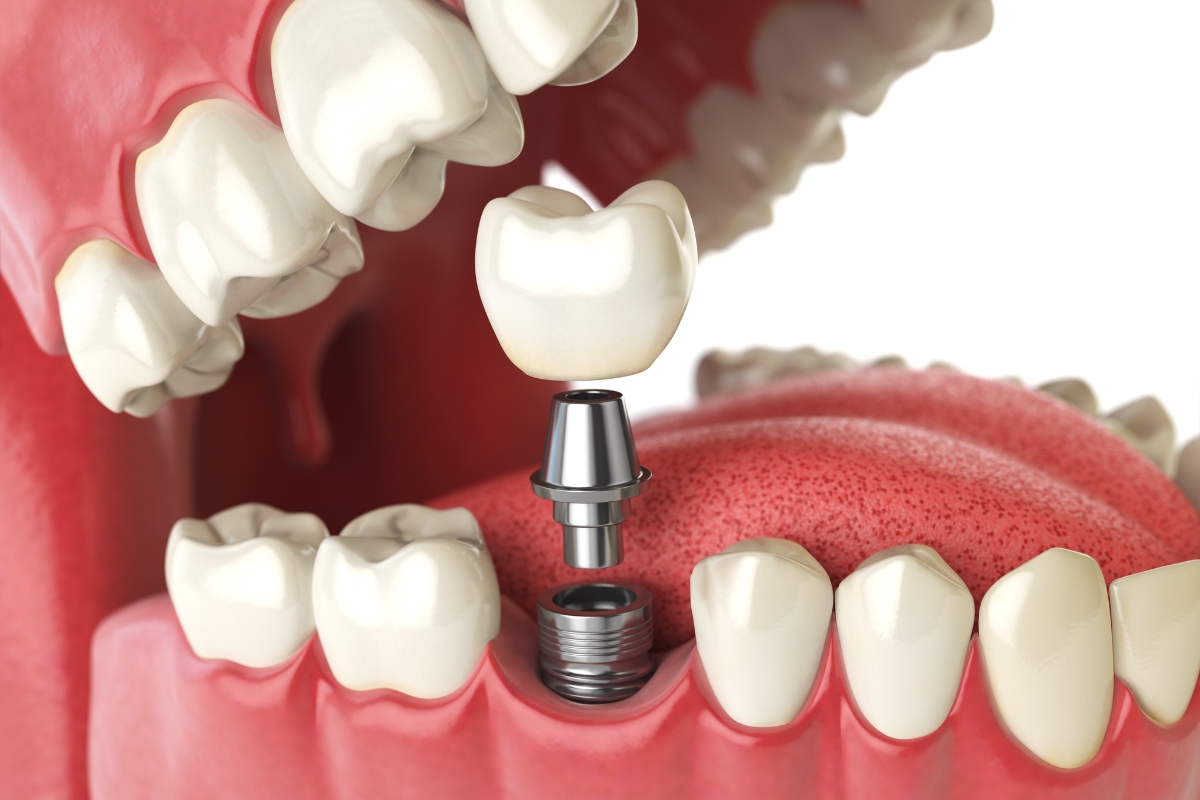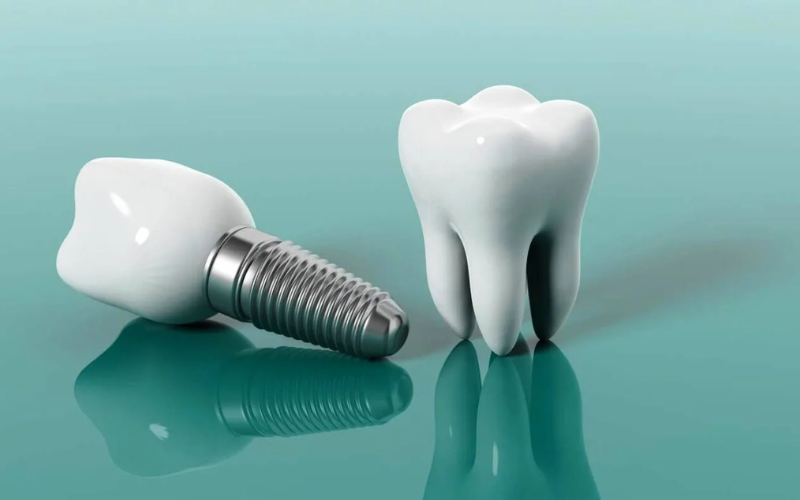5761 SE Federal Hwy, Stuart, FL 34997
Are You a Candidate for Dental Implants? Key Factors to Consider

Dental implants are widely regarded as the gold standard for replacing missing teeth. They offer a long-term fix that has the appearance, feel, and functionality of real teeth. However, not everybody is a good fit for dental implants. Understanding whether you qualify for this treatment involves assessing various factors that can impact the success of the procedure. In this blog, we’ll explore what makes someone a suitable candidate for dental implants and the key considerations to keep in mind.
What Are Dental Implants?
Dental implants are biocompatible artificial tooth roots, usually constructed of titanium. They are surgically placed into the jawbone and serve as a stable foundation for fixed or removable replacement teeth such as crowns, bridges, or dentures. Dental implants offer numerous benefits, including improved oral function, enhanced appearance, and better overall dental health.
Who Can Benefit from Dental Implants?
Dental implants are a versatile solution suitable for many individuals dealing with tooth loss. A single tooth, many teeth, or even an entire arch can be replaced with them. Patients seeking dental implants in Stuart often do so because they want a more durable and natural-looking alternative to dentures or bridges.
However, while dental implants are highly effective, they aren’t suitable for everyone. The following are some key factors to consider when determining your eligibility for dental implants.
Key Factors That Define Your Eligibility for Dental Implants
1. Jawbone Health and Density
One of the most crucial factors in determining whether you’re a candidate for dental implants is the health and density of your jawbone. Since implants require a sturdy foundation to be successful, sufficient bone density is essential for securely anchoring the implant. If you’ve experienced bone loss due to prolonged tooth loss, gum disease, or other factors, you might need a bone graft procedure before receiving implants.
Patients considering dental implants can undergo a thorough examination, including X-rays or 3D imaging, to assess their bone structure. In cases where the jawbone is insufficient, bone grafting or other preparatory treatments can help improve candidacy.
2. Overall Oral Health
Good oral health is a prerequisite for successful dental implant treatment. Conditions like gum disease (periodontitis) or untreated cavities can affect the implant’s success. Before proceeding with dental implants, any existing oral health issues should be addressed. An infection or inflammation in the gums can interfere with the healing process and lead to implant failure.
If you’re in Stuart and considering implants, it’s vital to work closely with your dentist to ensure your gums and surrounding teeth are in good condition before beginning treatment.
3. General Health and Medical History
Your overall health plays a significant role in your eligibility for dental implants. Chronic conditions such as diabetes, heart disease, or autoimmune disorders can affect your ability to heal after surgery. While these conditions don’t necessarily disqualify you from receiving implants, they do require careful management.
Patients with certain medical conditions or those taking specific medications should discuss their health history in detail with their dentist or oral surgeon. At a consultation for dental implants, your provider will evaluate any health risks and work with you to create a safe and effective treatment plan.
4. Smoking and Lifestyle Habits
The effectiveness of dental implants may be adversely affected by smoking. Tobacco use restricts blood flow to the gums, impairs healing, and increases the risk of implant failure. If you smoke and are considering dental implants, it’s highly recommended that you quit or significantly reduce smoking before and after the procedure to enhance your chances of success.
Other lifestyle factors, such as poor oral hygiene or a high-stress lifestyle, can also affect your candidacy. Ensuring consistent oral care and adopting healthier habits can improve your long-term outcomes.
5. Commitment to the Process
Dental implant treatment involves multiple steps and can take several months from start to finish. The process includes initial consultations, possible preparatory treatments (like bone grafting), implant placement surgery, and the final restoration of the crown. Candidates must be willing to commit to this timeline and follow post-operative care instructions closely to ensure optimal results.
For residents of Stuart interested in dental implants, choosing a provider who clearly outlines each stage of the process and offers comprehensive support is essential to achieving the best possible outcome.
6. Age Considerations
While age itself is not a disqualifying factor for dental implants, young patients whose jawbones are still developing may need to wait until their growth is complete. Conversely, older adults can benefit greatly from implants, provided they meet the criteria regarding bone health and overall health.
If you’re unsure whether your age impacts your candidacy, consult with a dental implants specialist who can evaluate your specific situation.
Steps to Improve Your Eligibility for Dental Implants
If you don’t initially qualify for dental implants, there are steps you can take to improve your candidacy. These may include:
- Bone Grafting: For patients with insufficient jawbone density, bone grafting procedures can help build up the bone, making it possible to support an implant.
- Gum Disease Treatment: Treating gum disease through scaling, root planing, or other periodontal therapies can create a healthier environment for implants.
- Smoking Cessation: Quitting smoking before and after implant surgery can significantly improve healing and long-term implant success.
- Improving Oral Hygiene: Regular dental cleanings and adopting better at-home care habits can enhance your oral health and prepare you for implants.
Consulting with a Dental Implant Specialist
Determining whether you’re a candidate for dental implants starts with a comprehensive consultation. During this appointment, your dentist will review your dental and medical history, perform a thorough examination, and take any necessary imaging to assess your jawbone and overall oral health.
For those considering dental implants, working with an experienced and knowledgeable provider is crucial. A skilled dental implant specialist can guide you through the decision-making process, offer solutions to overcome potential obstacles and create a personalized treatment plan tailored to your needs.
Final Thoughts: Are Dental Implants Right for You?
Dental implants offer a permanent, stable, and aesthetically pleasing solution for tooth loss. By considering the key factors discussed in this blog, you can better understand whether you’re a candidate for this transformative treatment. If you’re interested in learning more about dental implants in Stuart, schedule a consultation with a trusted dental provider to explore your options and take the first step toward restoring your smile.
Investing in dental implants is not just about enhancing your appearance—it’s about improving your overall oral health and quality of life. With the right preparation and care, dental implants can provide a lifetime of benefits, allowing you to smile, eat, and speak with confidence.




